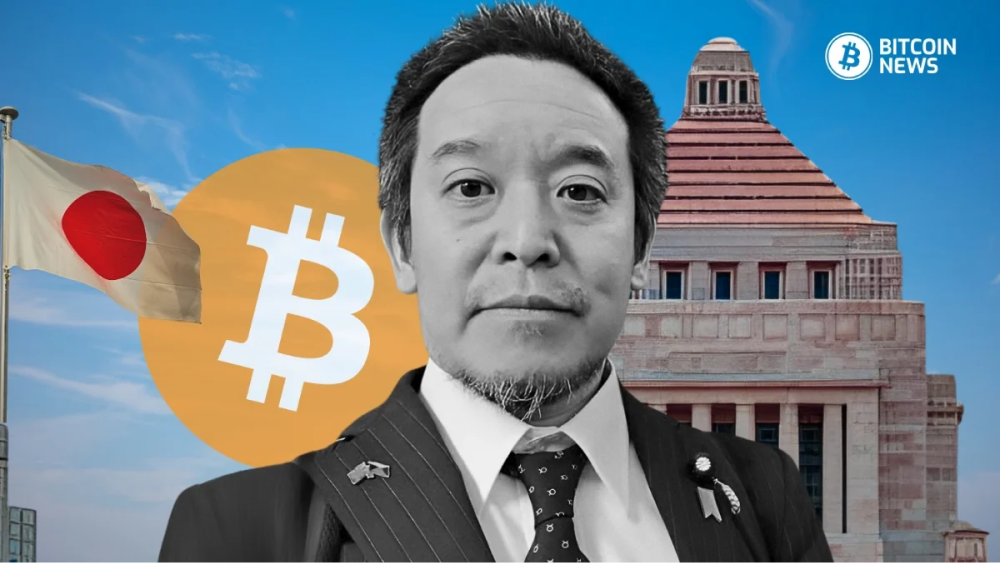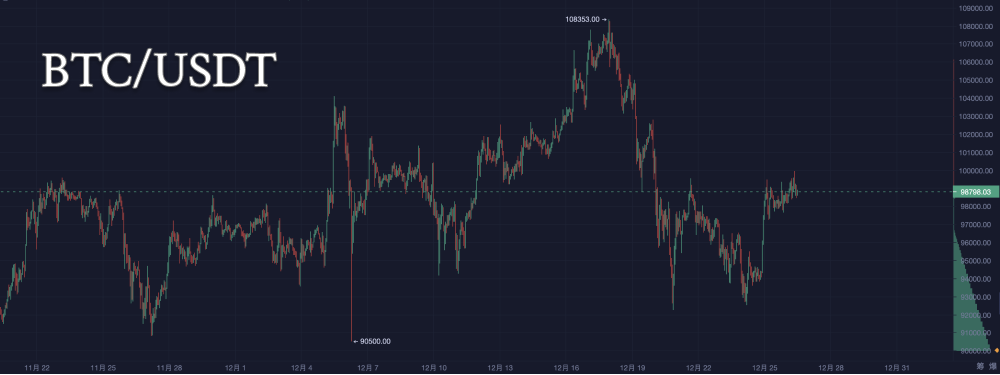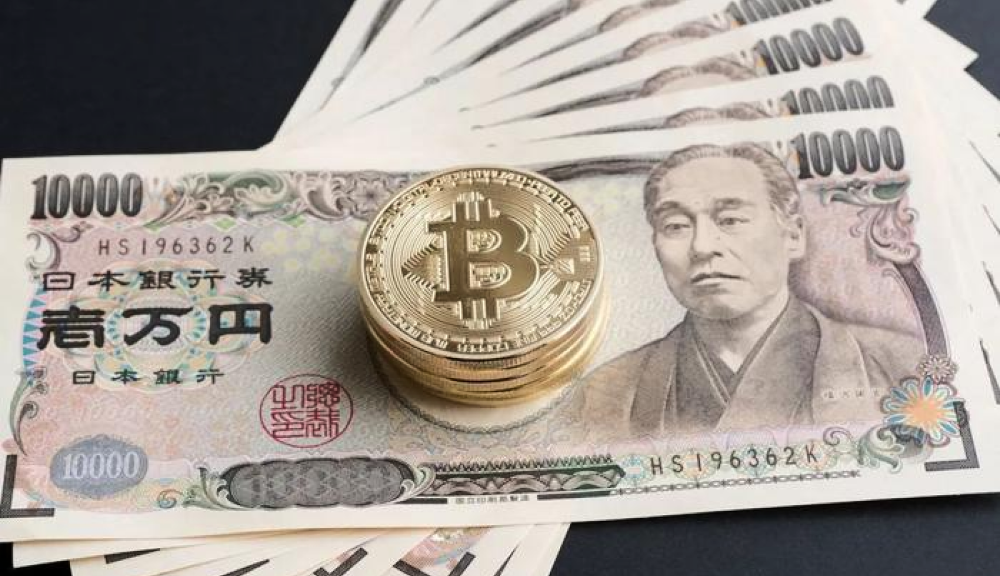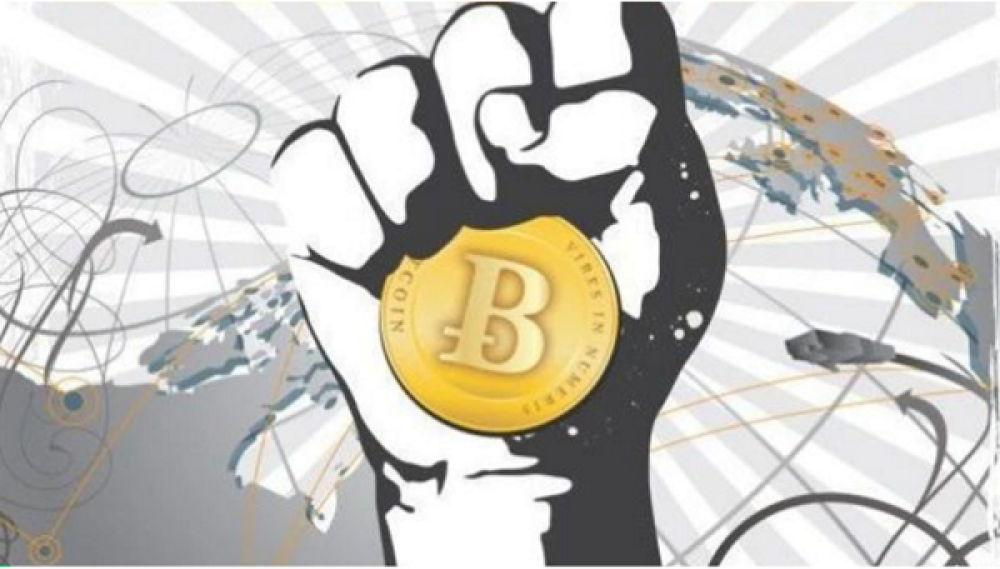In recent years, as global attention on Bitcoin and other crypto assets has intensified, more and more countries and enterprises have begun to view them as potential reserve assets. In the face of high national debt and currency devaluation pressures, Bitcoin has become a new favorite for many countries. However, the Japanese government has taken a cautious stance on this trend. Particularly in their recent response to Bitcoin reserve plans, they expressed deep concerns about the price volatility of crypto assets. What considerations lie behind this?
Japan's Government's "Calm Reflection"
In a recent parliamentary meeting, Japanese Senator Satoshi Hamada raised a controversial question: Should Japan consider investing part of its foreign exchange reserves in Bitcoin? In response to this suggestion, the Japanese government, on behalf of Prime Minister Shigeru Ishiba, issued a written statement indicating that they have not yet fully understood the progress of other countries (especially the United States) regarding Bitcoin reserves, as these plans are still under discussion. They also pointed out that crypto assets do not meet the requirements of the current foreign exchange reserve system, which undoubtedly casts a shadow over the path to Bitcoin reserves.

Volatility: The Government's "Hidden Worry"
In their response, the Japanese government emphasized multiple times that the price volatility of crypto assets (especially Bitcoin) is concerning. This volatility does not align with the goals of the current foreign exchange reserve system. Existing foreign exchange reserves are primarily used to stabilize foreign currency assets and foreign bond markets, while the high volatility of crypto assets could pose potential risks to national financial security. This cautious attitude clearly indicates that the Japanese government has chosen a conservative path in the face of the global rise of crypto assets. They seem to be telling the market that in the face of uncertainty, maintaining prudence is the wise choice.

Economic Background: Japan's Debt Crisis
Against the backdrop of global economic turmoil, Japan's debt crisis has become a focal point, especially as its government debt has soared to an astonishing 1,270.499 trillion yen (approximately $9 trillion), accounting for 260% of GDP1. Such figures not only evoke unease but also provoke deep reflection among investors about the future. In this context, Bitcoin has gradually emerged as a hot topic of market discussion. Let’s delve into the story behind this debt crisis and how Bitcoin may play a potential savior role.
Japan's debt problem has not formed overnight but is the result of various intertwined factors. Firstly, the aging population is an undeniable reality. As one of the first countries to enter an aging society, Japan faces increasingly severe labor shortages and social security expenditure pressures, which directly impact the country's tax revenue and lead to a growing fiscal deficit. Secondly, the current low economic growth situation is also a cause for concern. Compared to the United States and the Eurozone, Japan's economic growth rate has remained sluggish, long unable to alleviate debt pressure through economic growth. This "economic slow lane" has gradually weakened market confidence in the future. Finally, while the Bank of Japan's ultra-loose monetary policy has maintained market stability in the short term, it has also raised concerns about future interest rate increases. Once market confidence wavers, rising interest rates will further burden the debt.

The Rise of Bitcoin: A Global Trend
Despite the Japanese government's cautious stance, a global trend has emerged to view Bitcoin as a reserve asset. For example, President-elect Trump proposed a plan to establish Bitcoin reserves during his campaign to address the rising national debt. Trump's support gave political momentum to this previously marginalized concept, marking a watershed moment in the cryptocurrency market. Many politicians relying on the U.S. gold reserves began to propose including Bitcoin in national reserves. This trend has garnered widespread attention globally.
At the same time, many enterprises are exploring the potential of Bitcoin as part of their balance sheets. For instance, U.S. software company MicroStrategy has actively purchased Bitcoin since 2020, becoming one of the largest holders of Bitcoin globally. The company's actions have not only attracted investor attention but also inspired other companies to follow suit and begin incorporating Bitcoin into their financial strategies.

The Conflict Between the Japanese Government and Enterprises
Although the Japanese government is cautious about Bitcoin reserves, the Japanese business community is continuously exploring the potential of crypto assets. For example, one of Japan's largest investment firms, Metaplanet, recently announced that it would include Bitcoin as part of its strategic reserve assets to address Japan's high debt and yen devaluation risks. The company has purchased over 161.3 Bitcoin since this year and plans to continue increasing its holdings in the future. Meanwhile, other Japanese companies, such as Sony, have also begun actively entering the crypto asset field. Sony acquired digital asset trading service provider Amber Japan for $103 billion, indicating Japanese enterprises' proactive exploration in the crypto asset sector.
This active exploration by the business community sharply contrasts with the government's cautious stance. Enterprises hope to use crypto assets like Bitcoin to hedge against economic risks and seek returns, while the government worries that the volatility of crypto assets may threaten financial stability. This conflict has put Japan's crypto asset market in a dilemma. The government's cautious attitude may also lead to Japan's passive position in the global crypto asset competition. In the context of other countries actively promoting Bitcoin reserves, if Japan does not timely adjust its policies, it may miss opportunities in this emerging market.

International Market and Regulatory Environment
The development of the global crypto asset market is changing rapidly, and changes in the international market will have far-reaching impacts on the Japanese government's decisions. For example, the upcoming launch of Bitcoin ETFs (exchange-traded funds) in the U.S. may once again spark global interest in Bitcoin. If the U.S. successfully launches Bitcoin ETFs, it will bring more investors and capital inflow to Bitcoin, further driving up its price. In this context, whether the Japanese government will adjust its attitude towards Bitcoin is worth close attention.
The regulatory environment in the international market is also constantly evolving. As crypto assets become more widespread, more countries are beginning to formulate corresponding regulations to standardize the market and protect investors. In this process, the experiences and lessons of relevant countries will significantly influence the Japanese government's decisions. As a developed country, if Japan wishes to maintain competitiveness in the crypto market, it must closely monitor international market dynamics and timely adjust its policies. Additionally, the government needs to strengthen communication with the business community to understand their needs and reasonably coordinate interests.

The Influence of Social Opinion
In Japan, public perception of crypto assets is gradually changing. As more people begin to pay attention to Bitcoin and other crypto assets, the influence of public opinion on government policy is becoming increasingly important. If public opinion supports including Bitcoin in national reserves, the government will face greater pressure. Therefore, while addressing crypto assets, the government also needs to pay attention to changes in public opinion and adjust policies in a timely manner to meet public expectations and needs.
Future Outlook: Will Japan Change Its Stance?
Although the Japanese government maintains a cautious attitude towards investing in crypto assets, whether this position will change in the future remains to be seen. As the international environment changes and the understanding of crypto assets deepens both domestically and internationally, the government's attitude may shift. After all, the global financial market is not isolated, and as an economic powerhouse, Japan cannot remain aloof. In this global game regarding Bitcoin, the Japanese government's calm reflection may be aimed at avoiding potential risks brought about by blind following. Despite the market's enthusiasm for Bitcoin, prudence remains the cornerstone of financial policy. Whether Japan will find its place in this wave of crypto assets remains an open question.
If the international market's support for Bitcoin continues to grow, and domestic understanding of Bitcoin gradually improves, the government may consider adjusting its policies. As the crypto asset market matures, the government may gradually realize the potential of Bitcoin as an emerging asset and adopt a more proactive attitude. In this context, the Japanese government may begin to explore how to moderately introduce Bitcoin and other crypto assets while ensuring financial security. This would not only help enhance the flexibility of national finances but also inject new momentum into Japan's economic recovery.
Conclusion
In summary, although the Japanese government's attitude towards Bitcoin reserves appears cautious, this caution also reflects its emphasis on financial market stability. Globally, more and more countries and enterprises are beginning to attempt to include Bitcoin in reserve assets, and the Japanese government's stance may gradually adjust with changes in the market environment. As time goes on, we may see the Japanese government make more proactive explorations in the field of crypto assets. After all, in this rapidly changing market, only by continuously adjusting strategies can one remain undefeated amidst the shifting tides. In this era full of challenges and opportunities, the direction of the global economy and changes in national policies will directly impact the future of Bitcoin. Whether Japan will find its place in this crypto revolution is something we should continue to monitor.
If you have any questions, you can contact us through the following official channels:
AICoin Official Website: www.aicoin.com
Telegram: t.me/aicoincn
Twitter: x.com/AICoincom
Email: support@aicoin.com
Group Chat: Customer Service Yingying, Customer Service KK
免责声明:本文章仅代表作者个人观点,不代表本平台的立场和观点。本文章仅供信息分享,不构成对任何人的任何投资建议。用户与作者之间的任何争议,与本平台无关。如网页中刊载的文章或图片涉及侵权,请提供相关的权利证明和身份证明发送邮件到support@aicoin.com,本平台相关工作人员将会进行核查。




